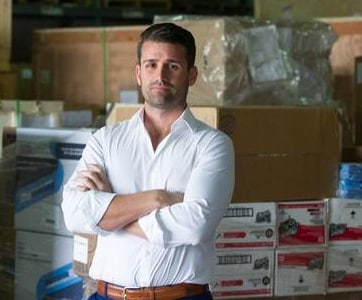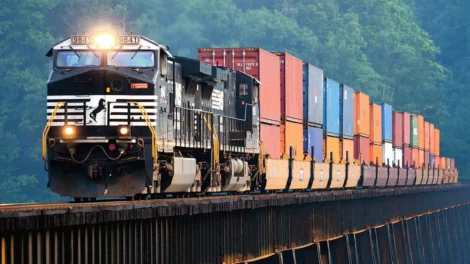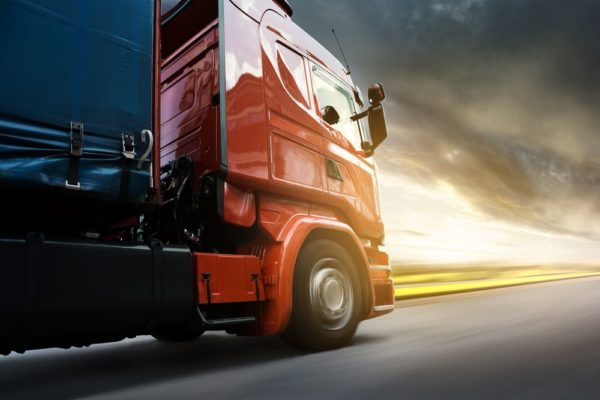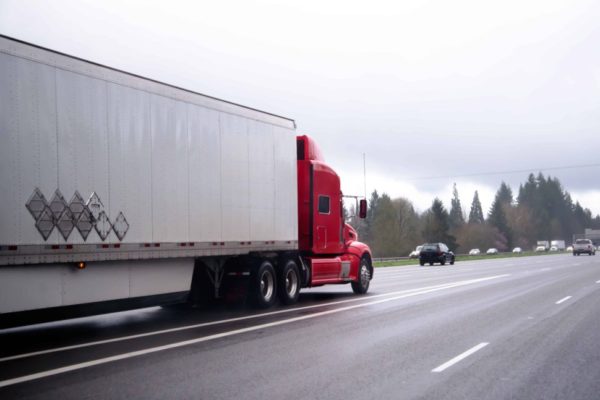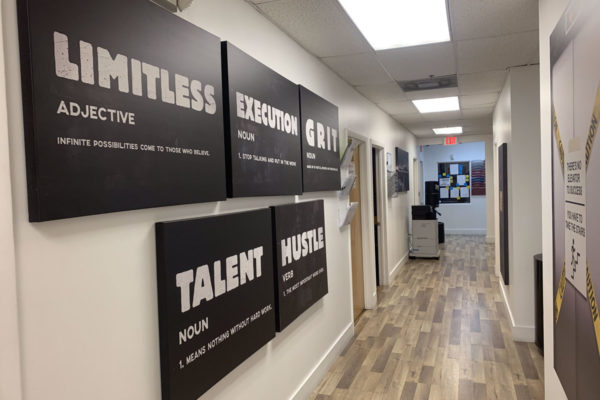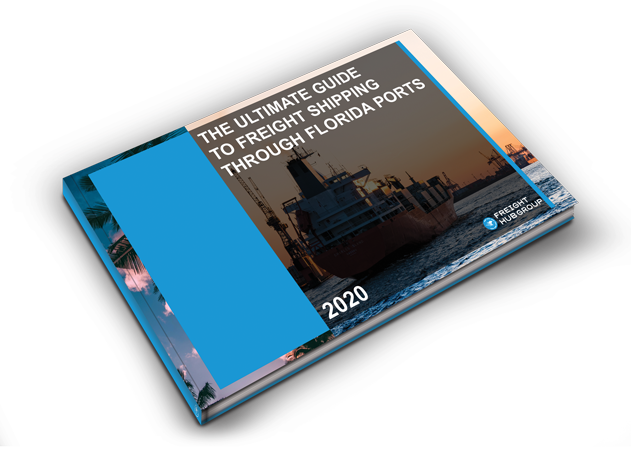Guide to understand what LTL and FTL freight is, what the advantages of both are and which one would be right for your business.

What is LTL freight?
Less than truckload (LTL) is when multiple shippers share the same trailer rather than one shipper transport their goods exclusively on it. The trailer is packed to as full capacity as can be and is usually the best option for shippers who have goods that take up between one and six pallets or a shipment that is less than 14 linear feet. This is because it makes the most out of the available shipping space on a given truck.
What is FTL freight?
Full truckload (FTL) is when a shipper has exclusivity of the whole trailer in which to place their goods. This is a good option for those who require a full truck or are shipping large amounts of freight. They don’t need to take up the whole trailer and can be good for shippers who don’t want to mix up their goods with others.
What are the differences between LTL and FTL freight?
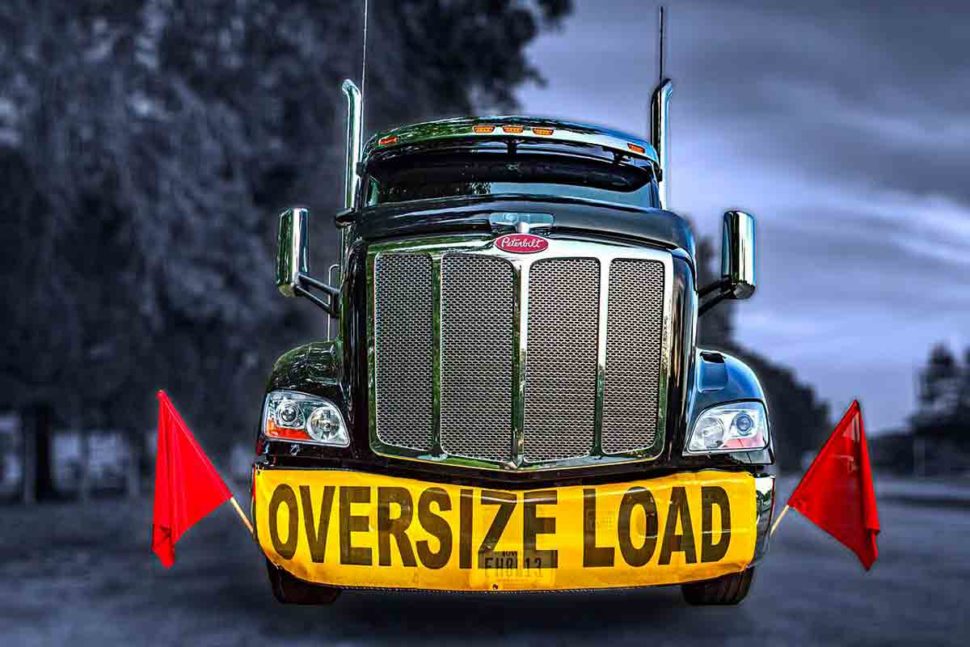
There are many differences between LTL and FTL freight and it’s important to know these to help you with your business needs. Here are some things you should consider when deciding which type of freight to choose:
LTL can save you money
LTL can be the most cost effective method for some because you are only paying for the space you are using, not for the full trailer. This is usually the best option for smaller companies whose freight load is smaller than a larger company.
FTL can save you time
With FTL, you have exclusive use of the truck so as soon as you load it up, the truck can be on its way to its final destination. This is not the case with LTL freight, where, like a bus or a coach, it will have to first stop off at various points to pick up the rest of freight and then also deliver them at other points as well.
It may be that you don’t have much freight to transport but if your delivery transit time is sensitive, then FTL may be the best option for you.
FTL may be safer
Another advantage of FTL is that once your goods are in the trailer, they won’t be taken out until they are delivered. With LTL, you can expect your goods to be loaded and unloaded in and out of trailers and warehouses before they get to the final destination.
This increased amount of handling and exposure means there is a greater risk of your products getting damaged. If you have fragile products and are concerned about whether they will get to their destination in one piece or not then again, FTL may be the best option. If you are still going down the LTL route then it is even more important to ensure your goods are properly packaged up.
Know your LTL freight class
Freight class is an industry standard developed by the National Motor Freight Traffic Association. The intention is to provide a standard comparison of commodities used in LTL freight shipping and to ensure supply chains run smoothly. There are 18 different classes, ranging from Class 50 (least expensive) to Class 500 (most expensive). With regards to FTL shipments, carriers are not too concerned about specifications.
LTL freight may be reweighed during shipment
LTL freight trucks may need to reweigh the goods on the journey to ensure they are under the legal limit of 80,000 lbs. Your goods could be reweighed by a machine, called a dimensioner which automatically scans pallets to determine the weight and dimensions. If the dimensioner results vary from the listed product specifications, the LTL carrier will reclassify the freight, which could result in you paying more.
Conclusion
As you can see, there are a few considerations you need to make before choosing between which shipping method to go with. Here, at Go Freight Hub, we have 15 years of innovative tech-driven 3PL (third-party logistics) services and can help you find the right freight service for you depending on your business needs. Contact us today for advice and a quote.
